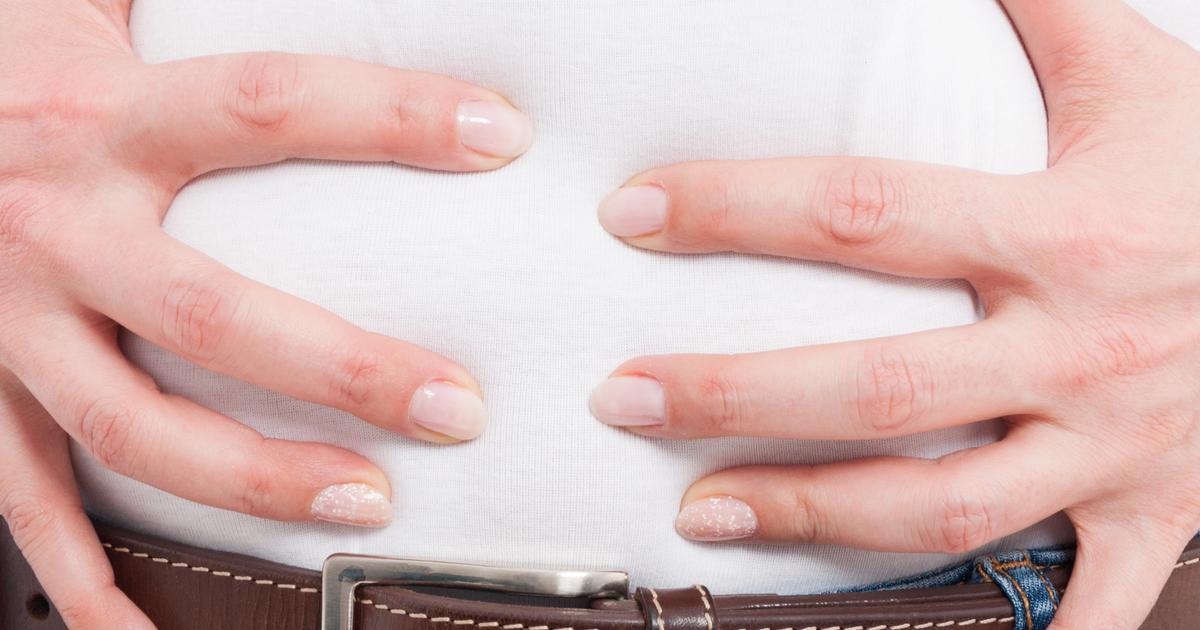Serious Warning Signs Of Stomach Cancer
Stomach cancer is a malignancy that begins in the cells of an individual's stomach, which are the cells responsible for producing mucus. Stomach cancer occurs when damage occurs in the DNA of one of the cells that give it the ability to grow faster, multiply quicker, and live longer. Certain infections, obesity, some inherited conditions, and smoking can increase the risk of stomach cancer. Stomach cancer can be diagnosed through a physical exam, blood tests, upper endoscopy, CT scans, barium swallow x-ray, or stomach biopsy.
Stomach cancer treatment may include surgery to remove the tumor, chemotherapy, targeted therapy, and radiation therapy. A combination of these treatments is necessary to cure stomach cancer. Many patients will also need certain pain medications and other cancer medicines to assist them and make the journey easier.
Stomach Pain And Bloating

An individual affected by stomach cancer may experience pain in their breastbone that worsens after eating. Some patients describe the pain as burning in their upper abdomen, similar to stomach ulcer pain. Others describe stomach cancer pain as more of a persistent gnawing. Some forms of stomach cancer result in a dull ache in the middle of the stomach.
Bloating is most likely to occur in stomach cancer patients after they have consumed a meal. The bloating that occurs in stomach cancer patients may also be attributed to ascites. This refers to an inappropriate accumulation of excess fluid in the pelvis or abdomen. A tumor on the outer layer of the stomach tissue can cause bleeding that may present as ascites. Furthermore, stomach cancer that has spread to neighboring lymph nodes or vessels can cause an accumulation of fluid in the abdomen. This malfunction occurs because cancer cells clog up components of the system responsible for returning excess fluid into circulation.
